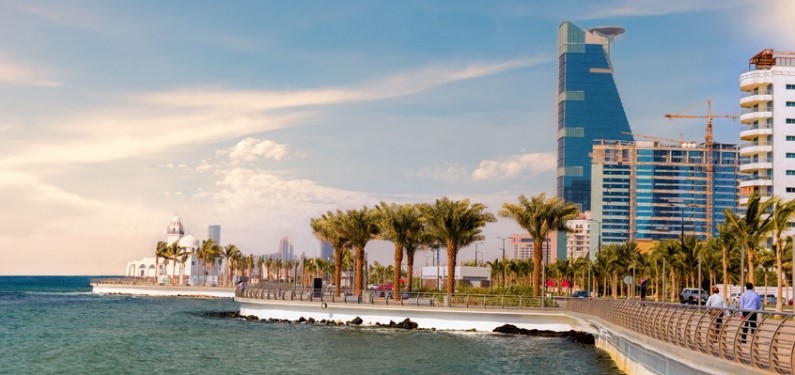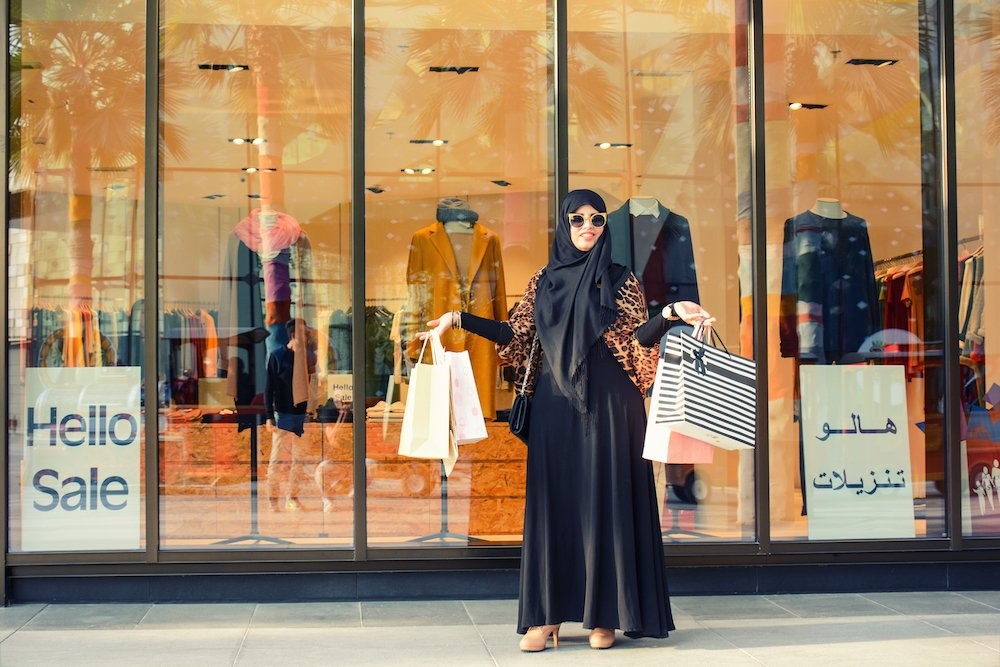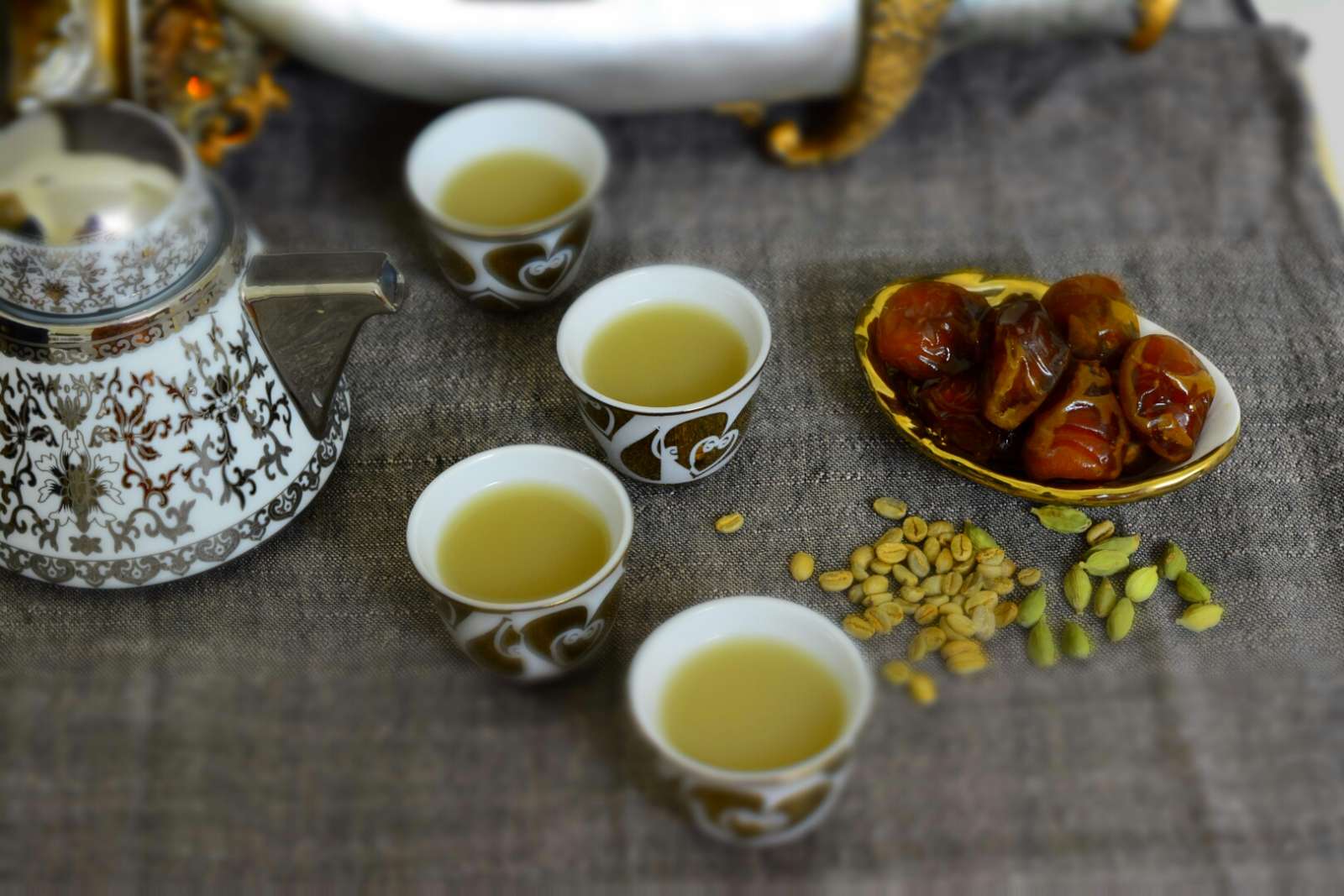
Saudi society and its rich culture have experienced rapid development over the past several decades. As a culture, local people have maintained their values, customs, hospitality and even their style of dress but adapted them to the modern world.
How about its coffee culture, has that been influenced by international trends?
As part of our ongoing Illume Guide featured blog posts, we interviewed our Saudi Arabian Guide Nailah to help us understand more about Saudi consumer culture and emerging coffee trends in the region.
Hi Nailah, tell us a bit about yourself! Where are you from, what do you do and what are you passionate about?
I’m Nailah, a writer based in Jeddah. I currently volunteer as a content creator for a local online newsletter. I’m very passionate about my city of residence, Jeddah. From people to places to culture, everything about this city fascinates me, so I write many articles related to these topics and have also steadily developed a large female fan base here. You can check my articles here.
Have you noticed any cultural shifts in Saudi Arabia more recently?
I feel the culture has become more open to change. Many jobs have been allocated only to Saudi people, so more locals are in the workforce across all different fields and levels. With more time spent outdoors at workplaces, people have become even more adventurous and welcoming to innovative and exciting experiences as consumers.
How would you describe consumer culture in Saudi Arabia?
Saudi consumers are relatively indulgent, I would also say people can often be a bit frivolous especially when it comes to being hospitable. Much of the population tends to spend a lot on themselves and are very fond of shopping. We don’t mind spending on luxuries, as long as we feel the product or service is worth it. We are used to a lifestyle of pampering ourselves every once in a while.
Great shopping experience and good quality are important factors to keep us brand loyal. Quality is more important than brand name. It’s rare to find low quality products here due to strict regulatory quality checks, rules and restrictions.
Having said this, the average Saudi consumer has also become more cost-conscious than ever. In a market that has been tax-free for decades, the introduction of VAT in 2018, even at a relatively low rate of 5%, caused a shift in consumer behaviour and has since increased to 15% in 2020.
International brands are liked alongside local brands. The advantage of local brands often stems from understanding and reflecting local culture and preferences. For example, local clothes brand named Shiaka is popular for traditional garments targeting local people.
How would you describe coffee culture in Saudi Arabia?
Coffee has always been central to meetings, weddings and social events here. Many locals have Saudi traditional coffee ‘qahwa’ throughout the day, and like a gentle, refreshing and rejuvenating flavour that has a range of health benefits.
It is tradition that families have a recipe of their own and coffee is served often in tiny Arabic coffee cups. Arabs usually add cinnamon, saffron and cardamom in their coffee.
Previously, only Arabic coffee and western instant coffees were on offer but lately there has been a rapid rise in beverages like americanos and cappuccinos available in popular public spaces. Due to the hot weather, cold coffees are also a popular choice to give a refreshing change.
Compared to qahwa, people have western coffee when outside in cafes or at work. The growing number of cafes has helped people share their passion for coffee, proving that it is much more than a drink. Starbucks is well-known here but Barns is the most popular coffee chain. They offer good quality coffee at affordable prices and are located in convenient locations on busy roadsides across cities.
What emerging coffee trends have you noticed recently?
Nut flavour, especially pistachio is popular in western coffee styles. Pistachio is traditionally used in desserts but never as a coffee ingredient, so people have started trying it with coffee and fusion desserts.
Nespresso is a very popular brand among high working-class people. There are specialised machines available in many places but local people are not very accustomed to strong coffee drinks.
In the past, people preferred coffee on the go but in recent years, there has been a rapid rise in new coffee shops popping up all over cities. An international brand called ‘Overdose’ was extremely popular with young, it has a different ambiance than typical cafes but it didn’t last long because it is very expensive.
If an international coffee brand wants to do well in Saudi Arabia, could you give some advice?
Firstly, they need to offer good quality and maintain it. People don’t like fluctuating quality, it needs to be consistently good.
Secondly, brands should be creative and keep offering something new to keep consumers engaged. Saudi consumers tend to get bored with the same unaltered list of products after a while and end up looking elsewhere for something new and exciting.
A good social media presence is key. Coffee brands need to keep advertising to get a product known. I know there has been a craze for bubble tea in other Asian countries, but here it has been a total failure. I have never seen any advertisements about it, so it’s hard to convince consumers to experiment with it. Not informing consumers on what the product actually is and what to expect from it makes it utterly unappealing.
Lastly, try to offer free samples in malls and supermarkets to launch a product in the market. That’s the best method to advertise.



